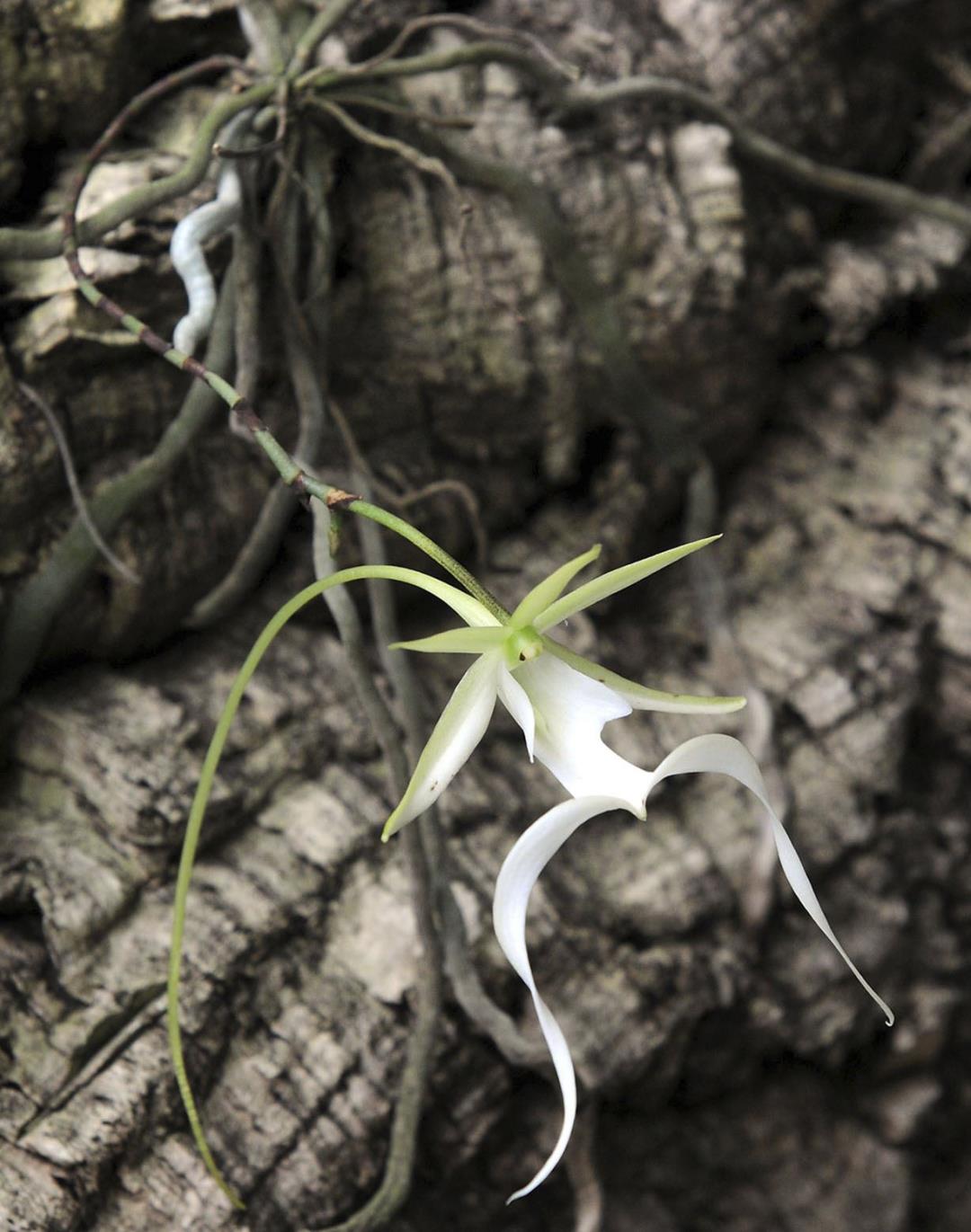
The US should immediately protect the rare ghost orchid found in Florida and Cuba as an endangered species, according to three environmental groups. These groups have filed a lawsuit in Florida federal court, claiming that federal officials are unreasonably delaying a decision. The US Fish and Wildlife Service missed a January deadline on the orchid’s status and now plans to make a decision as late as 2026, as reported by the AP. The Center for Biological Diversity and the National Parks Conservation Association are also plaintiffs in this lawsuit.
“We deeply regret having to file this lawsuit, but the world-renowned and critically endangered ghost orchid is running out of time,” said George Gann, executive director at The Institute for Regional Conservation. “Only the Endangered Species Act can provide the necessary protection against poaching and allocate resources to combat the increasing threats from hurricanes, invasive species, and counterproductive management decisions, such as expanded oil exploration.”
According to the lawsuit, the global ghost orchid population has declined by over 90%, with Florida experiencing a decline of up to 50%. There are only about 1,500 ghost orchid plants remaining in Florida. The orchids are frequently stolen due to their rarity and beauty, which was detailed in Susan Orlean’s book The Orchid Thief and depicted in the film Adaptation. These plants are often sold online. The lawsuit describes their allure by saying, “The roots and short stem of the orchid are so well camouflaged on trees that the white flower may seem to float in mid-air, hence the name ghost orchid.”
The environmental groups argue that hurricanes, such as Ian which struck southwest Florida in 2022, have contributed to the loss of orchids. They also highlight the threats posed by rising sea levels and wildfires exacerbated by climate change. The lawsuit seeks to compel the Fish and Wildlife Service to reach a decision on the ghost orchid’s endangered status within a 12-month timeframe, which the environmental groups claim has already been missed. “Delaying protections will make it even more challenging to save the ghost orchids from the brink of extinction,” said Elise Bennett, attorney and Florida and Caribbean director at the Center for Biological Diversity. “These mystical swamp spirits need all the help they can get.”
(Read more orchid stories.)
Denial of responsibility! Vigour Times is an automatic aggregator of Global media. In each content, the hyperlink to the primary source is specified. All trademarks belong to their rightful owners, and all materials to their authors. For any complaint, please reach us at – [email protected]. We will take necessary action within 24 hours.


